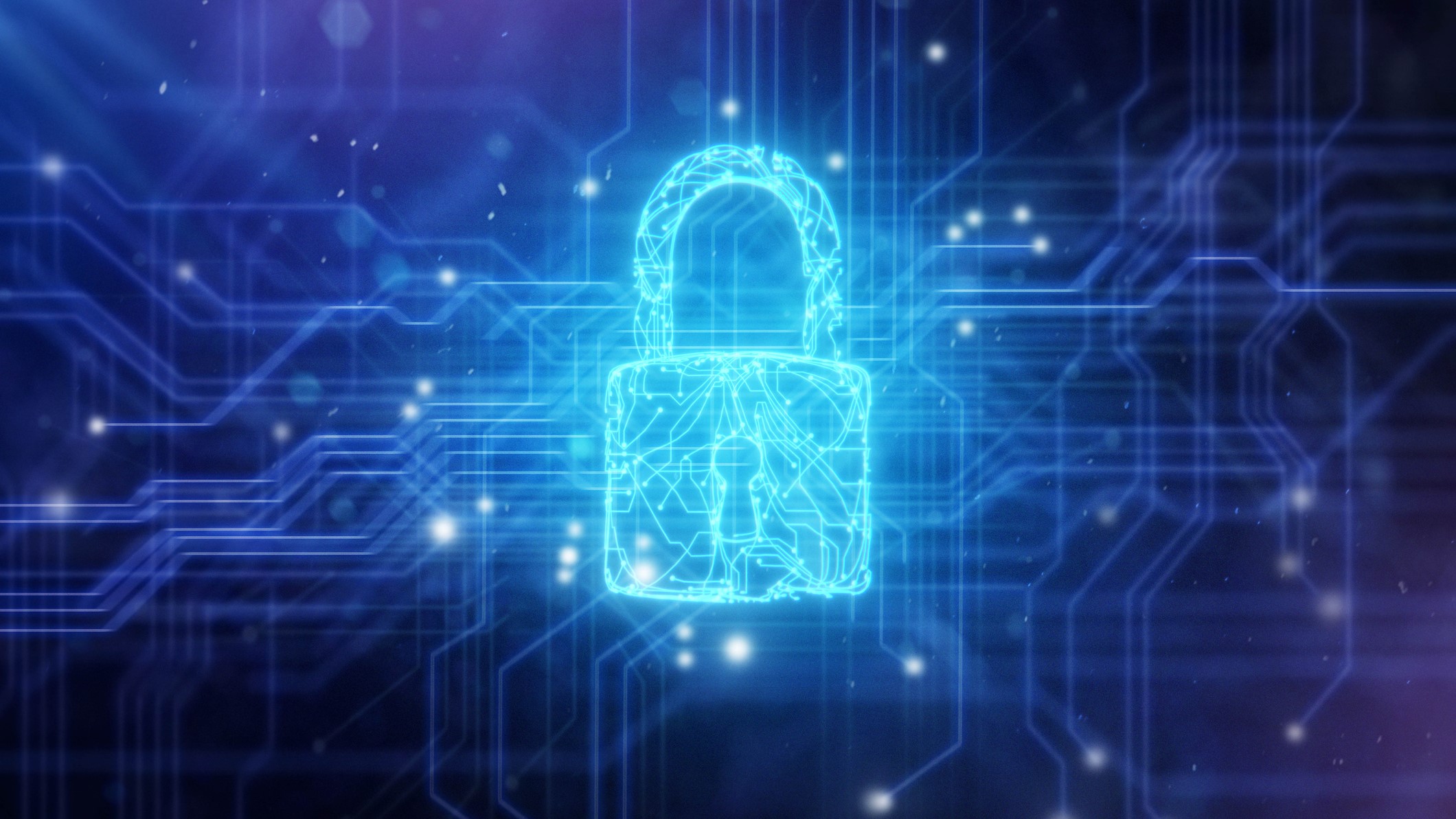World Press Freedom Day: organizations join forces to save encryption
Encrypted communication is increasingly under siege across democracies

Sign up for breaking news, reviews, opinion, top tech deals, and more.
You are now subscribed
Your newsletter sign-up was successful
As governments around the world seek to find a balance between privacy and public safety online, encryption is increasingly under attack in many democracies.
The Online Safety Bill in the UK is just one facet of the story. EU Chat Control, the Lawful Access to Encrypted Data Act and the EARN IT Act in the US, the Surveillance Legislation Amendment Act in Australia, the C26 Bill in Canada: these are all attempts to undermine encrypted communications to facilitate law enforcement investigations.
On the occasion of the 2023 World Press Freedom Day's theme of "enabling freedom of expression to enjoy and protect all other human rights," some tech firms behind encrypted software like VPN services joined forces with privacy advocate groups to call on governments to uphold privacy rather than undermining encryption.
End-to-end encryption "particularly needed for journalists"
"On Press Freedom Day, we want to stress the fact that encryption is needed to uphold our free democracies—not just for all citizens, but particularly for journalists and whistleblowers," wrote one of the endorser organizations, secure email provider Tutanota in a blog post.
The coalition counts more than 45 organizations, united to pledge world governments to protect encryption and ensure a free and open internet for all.
Other signatories include some civil societies—like Big Brother Watch, Center for Democracy & Technology (CDT) and Fight for the Future—tech firms such as VPN companies Mullvad and Proton, as well as secure browser providers Mozilla and Tor.
The open letter detailed how critical encryption is to promote user rights, namely their "privacy, data security, safety online, press freedom, self determination, and free expression."
Sign up to the TechRadar Pro newsletter to get all the top news, opinion, features and guidance your business needs to succeed!
The letter carries on by pointing out how undermining end-to-end-encryption isn't the solution to make the internet a safer place, but quite the opposite.
Experts explain that in order to comply with this sort of legislation, popular encrypted services like WhatsApp and Signal will need to weaken their security and, ultimately, pose a real danger to journalists and activists who massively rely on such a protection. For them, using these tools may be a choice between life and death.
"By upholding encryption within messaging apps, websites, file sharing, and other online services, we empower journalists to report on important issues while protecting their sources without fear of surveillance and retribution," said Isabela Fernandes, Executive Director at the Tor Project.
"Why take away the tools needed to help protect them at a time they need these tools the most?" said again Eseohe Ojo, a Fight for the Future campaigner.
Blocking access to non-compliant encrypted services will also put democratic governments on the same level as autocratic systems like Russia and Iran, the letter warns.
On #WorldPressFreedomDay, let's remember the crucial role that #VPN encryption plays in protecting the privacy and safety of journalists and their sources. Without it, free and open journalism would be at risk.🖊️ Antanas Rimeikis writes for @surfshark https://t.co/gjG65ueqIcMay 3, 2023
As tension between governments and encryption grows, experts also fear that complying with these laws will open a dangerous backdoor into citizens' privacy which criminals would be able to exploit, too.
While authorities seek to access encrypted messages to catch the bad guys, the security users at large could then be compromised.
On this point, Tutanota's co-founder Matthias Pfau said: "Many policymakers believe they can have a 'magical key' to access encrypted communication—completely ignoring technical facts: Encryption is either securing everyone or it is broken for everyone."


Chiara is a multimedia journalist committed to covering stories to help promote the rights and denounce the abuses of the digital side of life – wherever cybersecurity, markets, and politics tangle up. She believes an open, uncensored, and private internet is a basic human need and wants to use her knowledge of VPNs to help readers take back control. She writes news, interviews, and analysis on data privacy, online censorship, digital rights, tech policies, and security software, with a special focus on VPNs, for TechRadar and TechRadar Pro. Got a story, tip-off, or something tech-interesting to say? Reach out to chiara.castro@futurenet.com